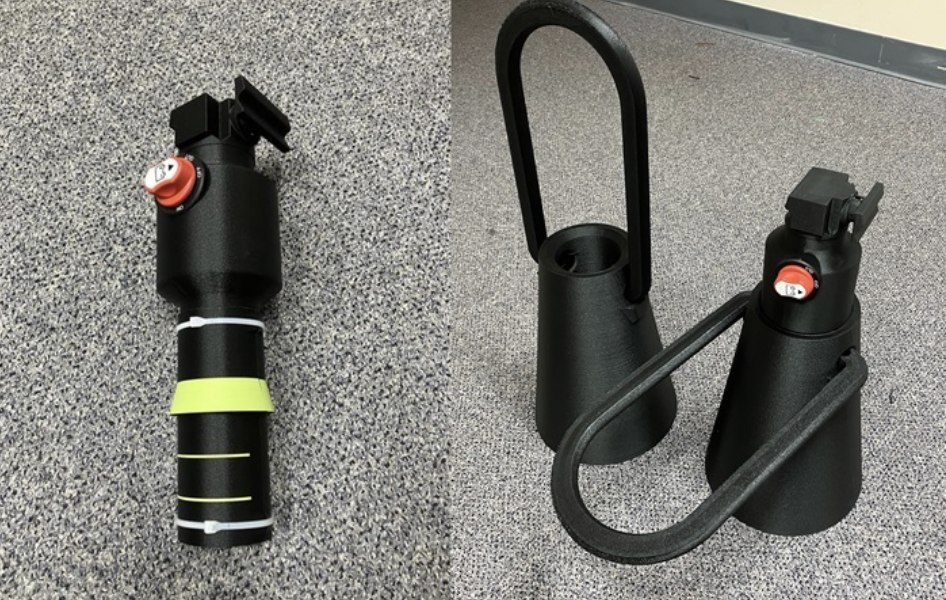by Dave Williams | Capitol Beat News Service
ATLANTA – Legislation that would double the amount of paid parental leave for state employees has cleared the Georgia House of Representatives.
House Bill 1010, which the House passed overwhelmingly 153-11 on Thursday, would allow state workers 240 hours, or six weeks, of paid parental leave following the birth, adoption, or foster care placement of a child in their home. A bill the General Assembly enacted three years ago authorized 120 hours of paid parental leave for state employees.
“We are taking another step so that these employees can spend even more time with their families after having or adopting a child,” House Speaker Jon Burns, R-Newington, said after the vote.
“Our state employees work tirelessly to serve our communities, and with this legislation, we have sent a clear message that we value and support our working families across this state.”
“This would provide a low-cost, high-value benefit to help recruit and retain employees and tangibly demonstrate our respect and support for them at a most significant and life-changing time in their lives,” added Speaker Pro Tempore Jan Jones, R-Milton, House Bill 1010’s chief sponsor.
The bill now moves to the state Senate.









